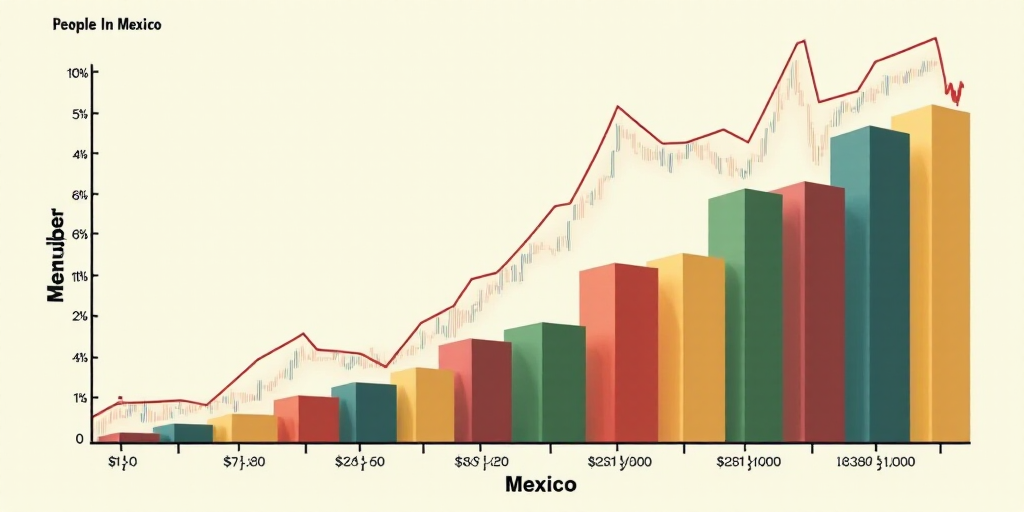Introduction
Mexico has experienced a significant decline in its accountability and transparency rating, as indicated by the Transparency and Information Availability Index. This index dropped nearly 11 points between 2024 and 2025, reflecting a regression in the capacity and exercise of accountability.
Background on Transparency Efforts
Despite the implementation of the New General Transparency Law in Mexico, the country has not only failed to progress but has instead experienced a substantial setback in transparency and accountability.
Key Findings from the Transparency Index
According to the Transparency and Information Availability Index, Mexico lost approximately 11 points in this indicator between 2024 and 2025. This decline highlights the difficulties faced by states and the federal government in fulfilling their obligations regarding access to information and accountability.
State-by-State Breakdown
Top Performers: Querétaro and Jalisco received the highest ratings, demonstrating greater transparency in their operations.
Lowest Performer: Aguascalientes scored a mere 13.89 out of 100 points, reflecting its significant challenges in ensuring transparency for the population.
Impact and Relevance
The decline in Mexico’s accountability and transparency rating has far-reaching implications for its citizens, as it directly affects their ability to access crucial information and hold public officials accountable. This regression also undermines the efforts of civil society organizations and journalists who rely on transparency to inform the public and promote good governance.
Who is Affected?
Mexican citizens are the most directly affected by this decline, as they face increased difficulties in accessing vital information and ensuring that their government is held accountable. This situation can lead to a lack of trust in public institutions and hinder the country’s progress towards good governance.
How Does This Impact Others?
The decline in Mexico’s accountability and transparency rating can have ripple effects on regional stability and cooperation. As a significant player in Latin America, Mexico’s commitment to transparency and accountability is essential for fostering a positive example in the region. Moreover, it impacts international partnerships and investor confidence.
Key Questions and Answers
- Q: What is the Transparency and Information Availability Index?
A: The Transparency and Information Availability Index is a tool used to measure the level of transparency and accountability in a country’s public institutions. It evaluates their capacity to provide timely, accurate, and accessible information to citizens.
- Q: Why is Mexico’s decline in the index significant?
A: The decline signifies that Mexican states and the federal government are struggling to meet their obligations regarding access to information and accountability, which directly affects citizens’ ability to engage with their government.
- Q: How does this decline impact Mexican citizens?
A: Citizens face increased difficulties in accessing crucial information and ensuring their government is held accountable, potentially leading to a lack of trust in public institutions.
- Q: What are the broader implications of this decline?
A: The decline can affect regional stability and cooperation, as well as international partnerships and investor confidence. It also undermines the positive example Mexico could set for other Latin American countries in terms of transparency and accountability.






